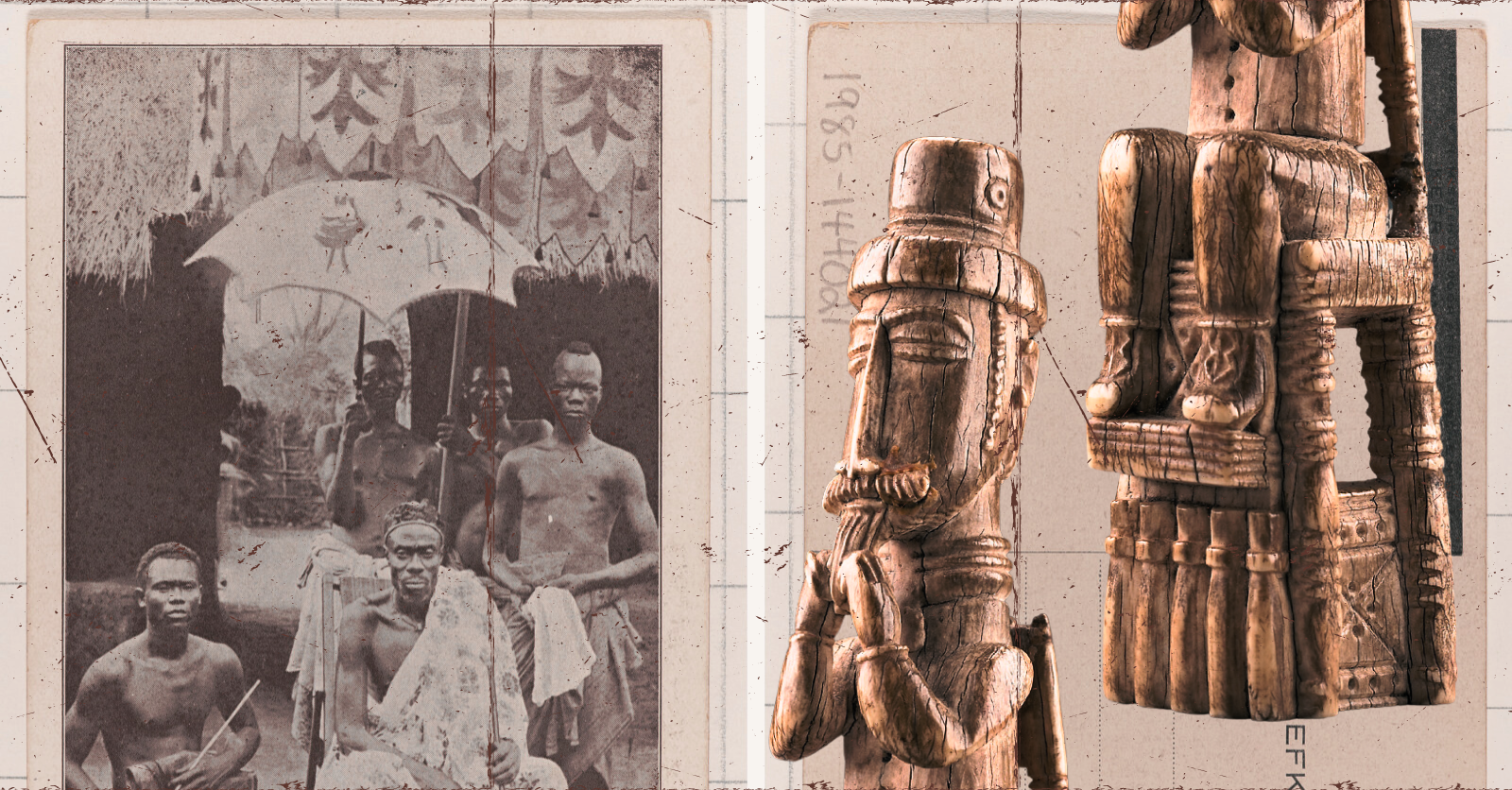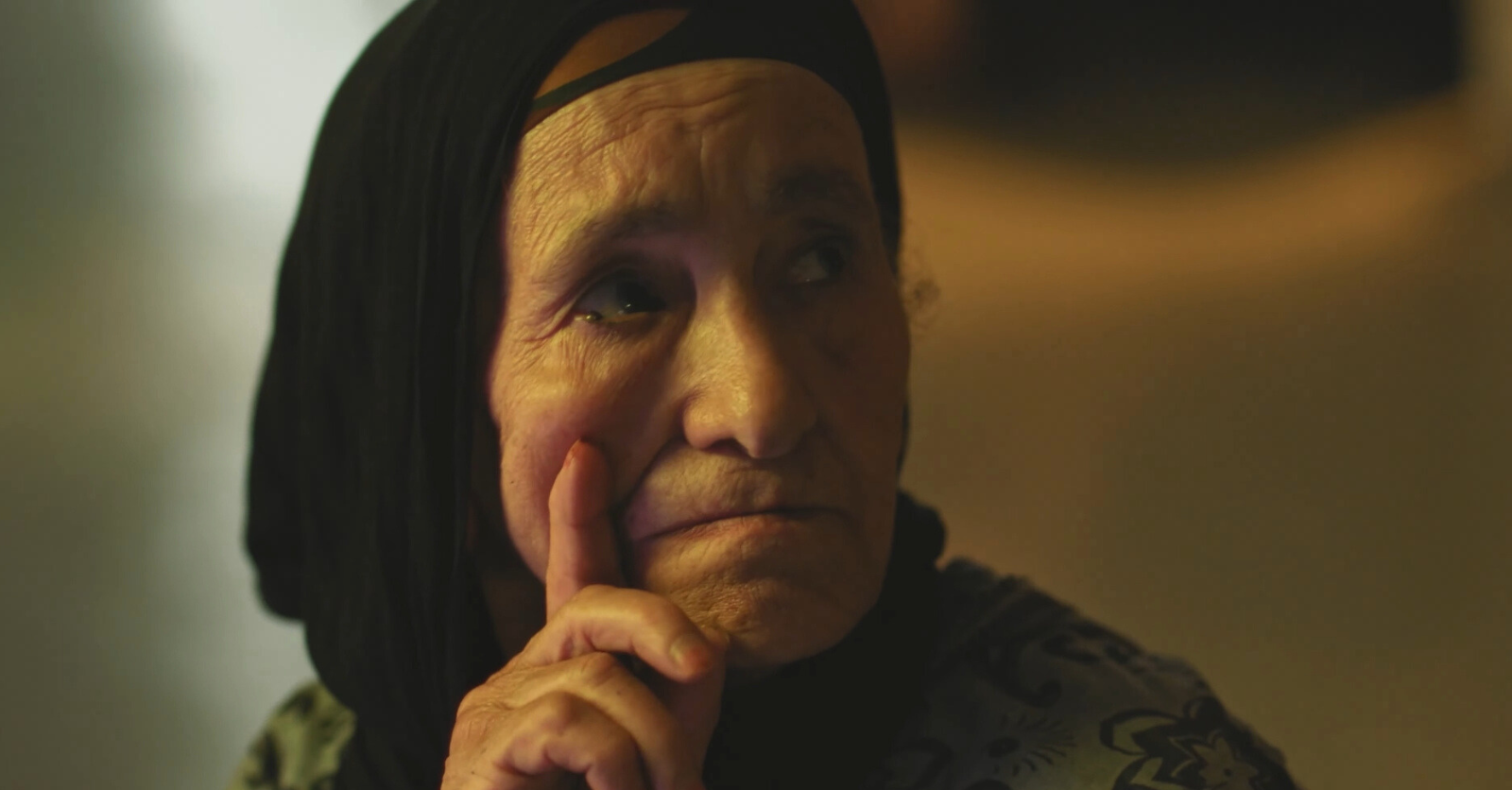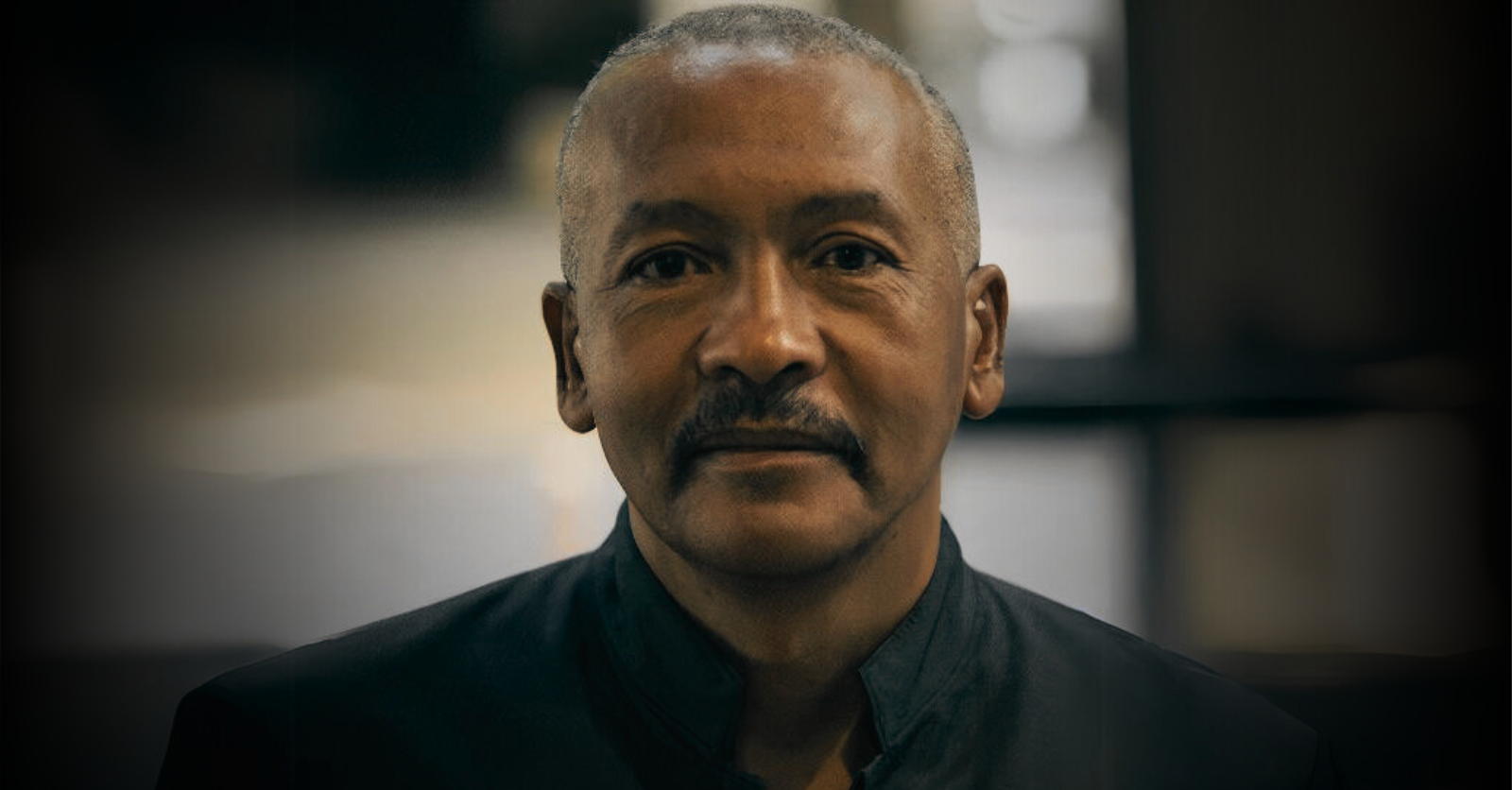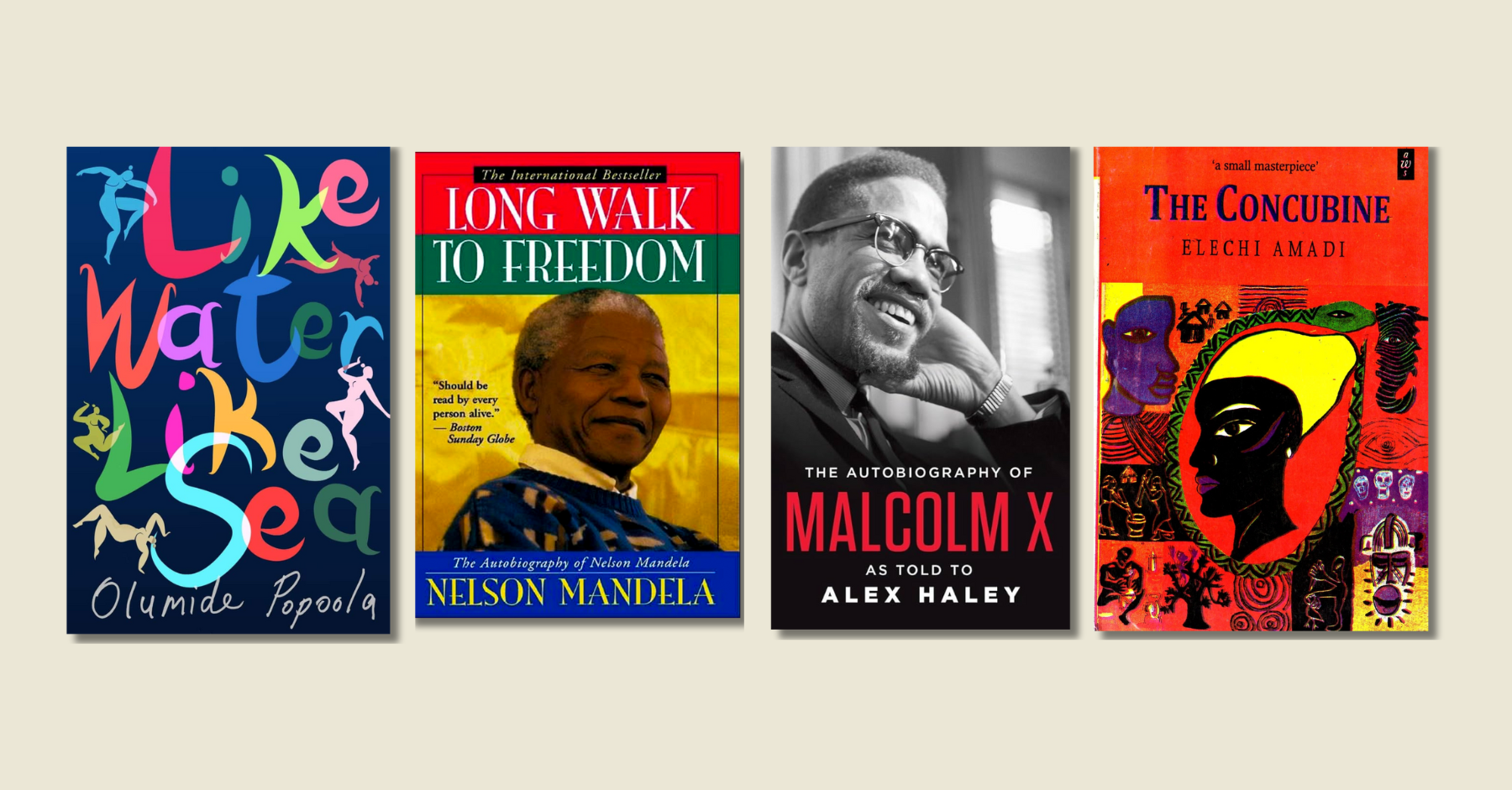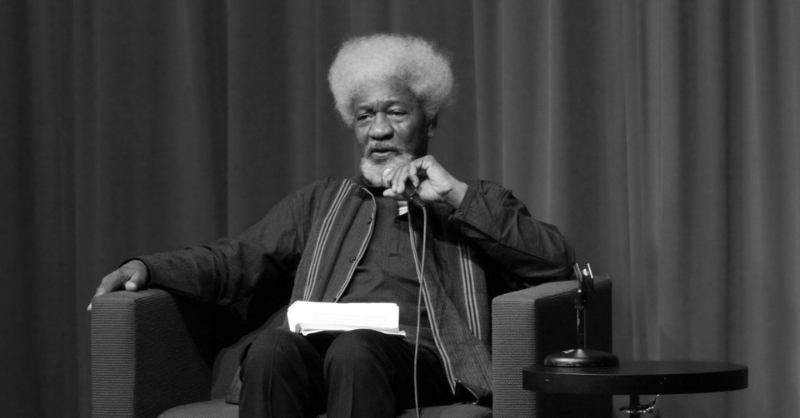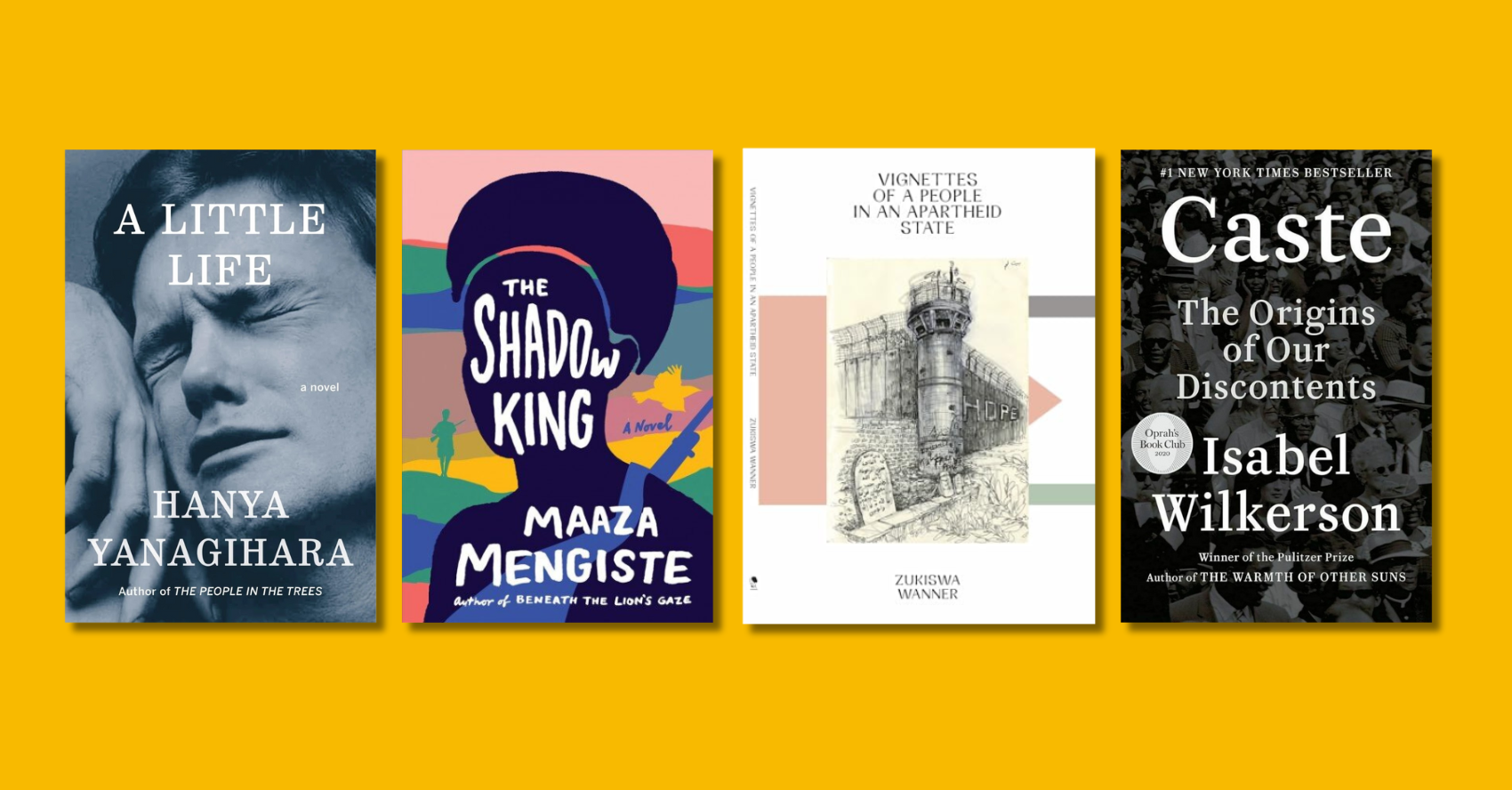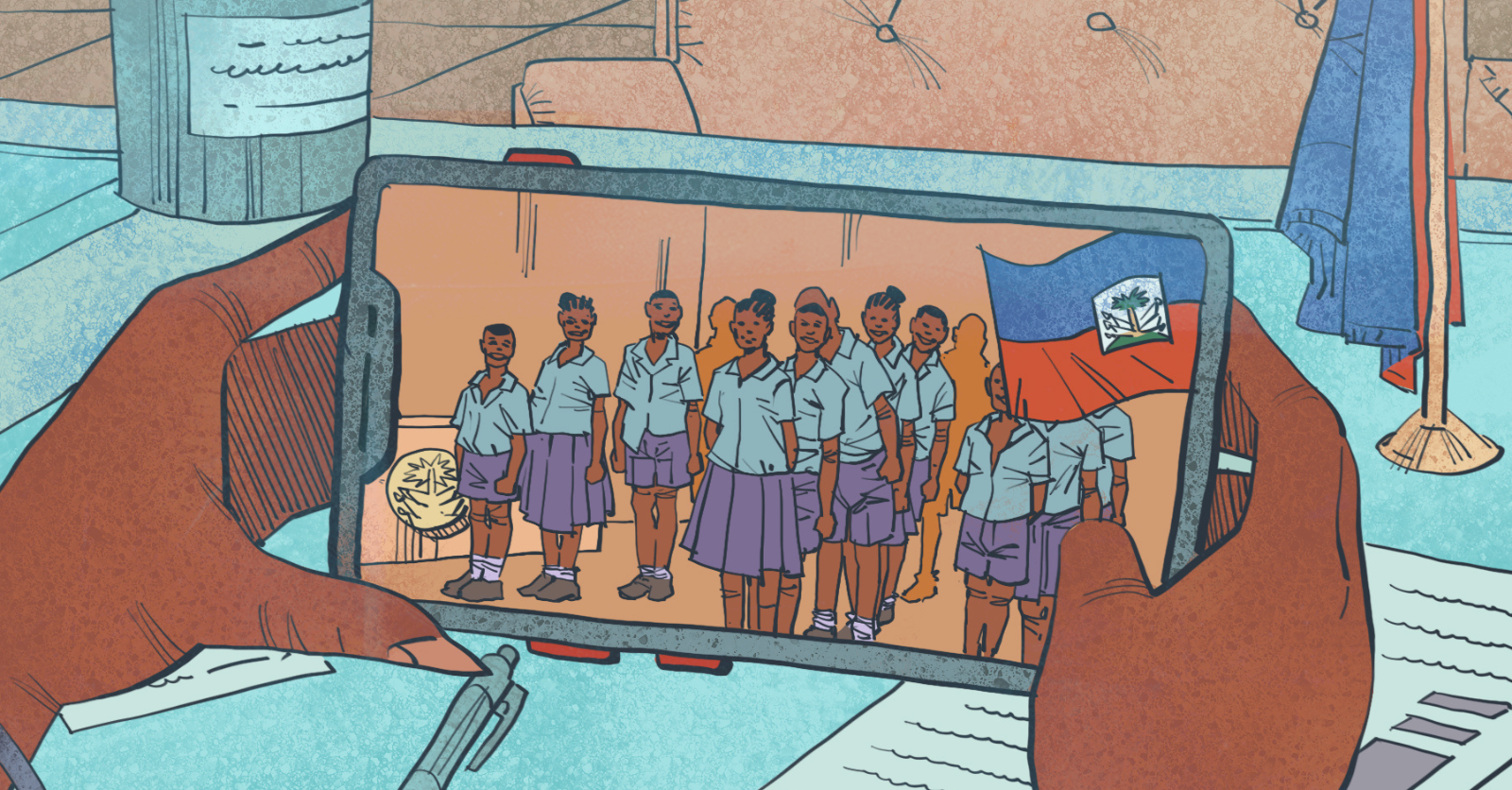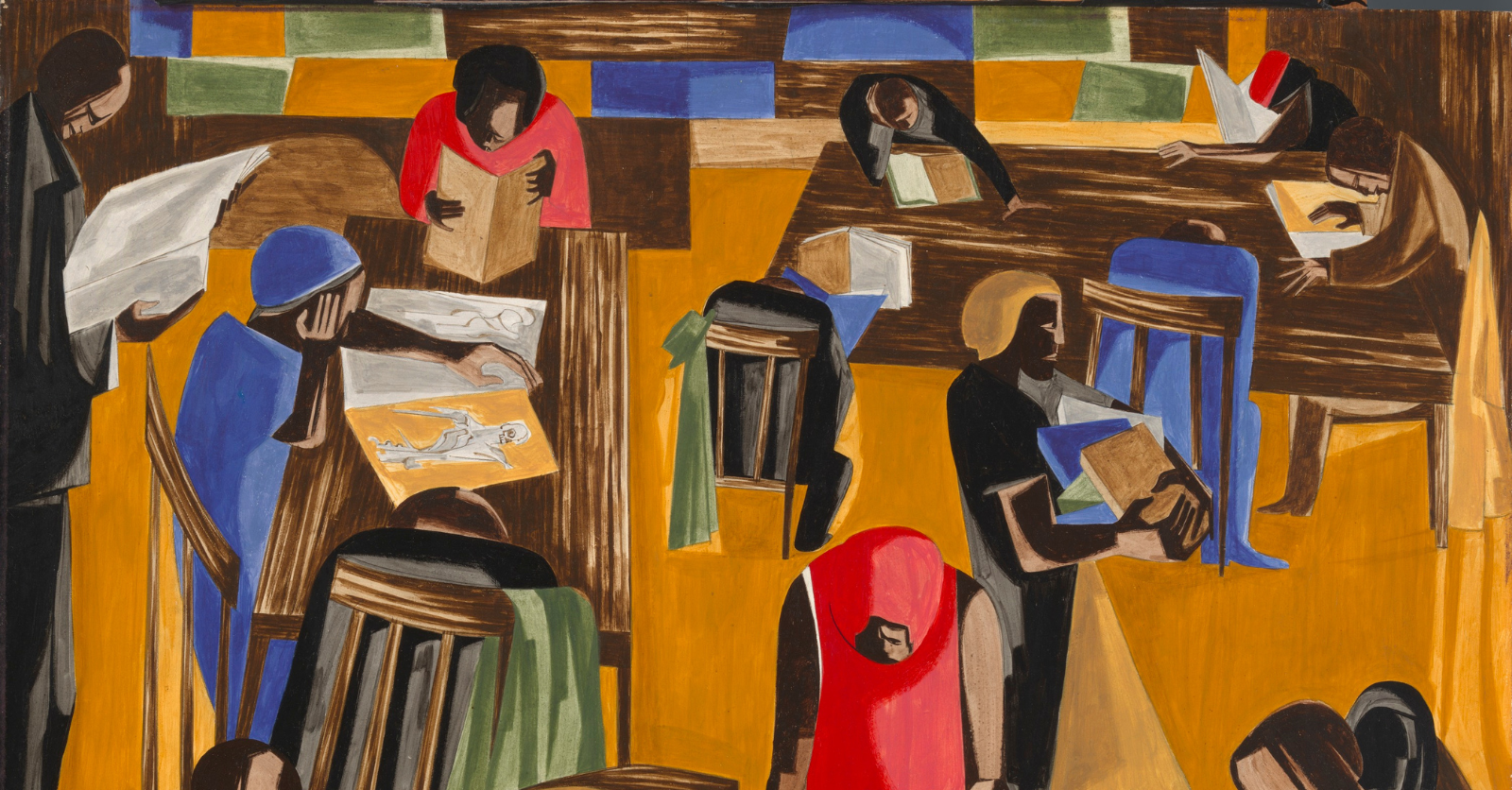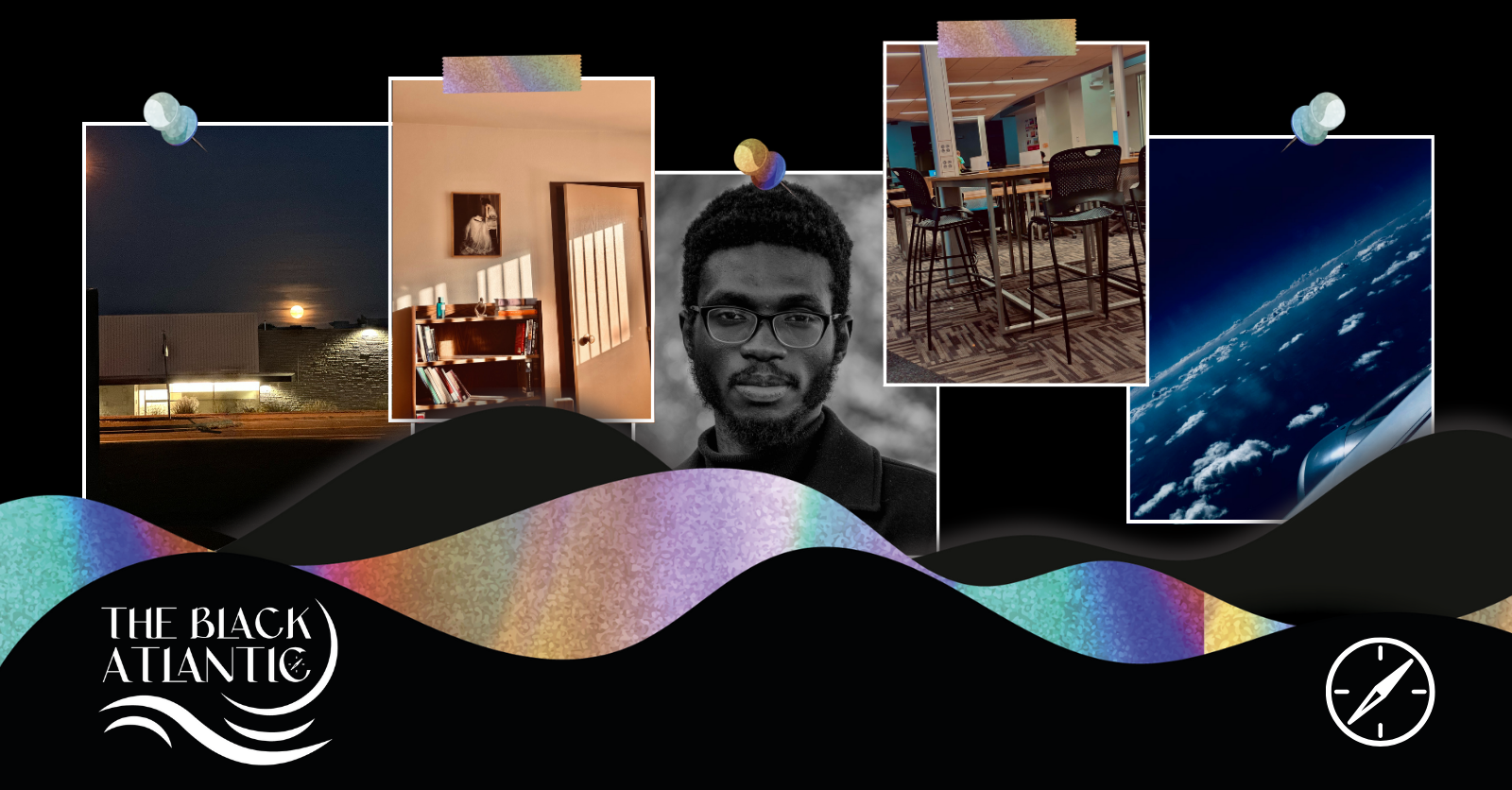The Rap-Centric Philosophies of Illbliss
The rapper, iLLBLISS, embodies the pristine elements of Hip-Hop. Across his music and imagery, there’s a unifying sense of consciousness which has been hard wrought, emerging from decades of deliberate work and positioning. On his twelfth album, his quintessential themes are reflected through an expanding personal palette, a masterclass in telling profound stories.




